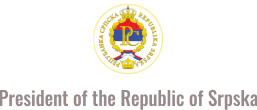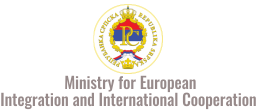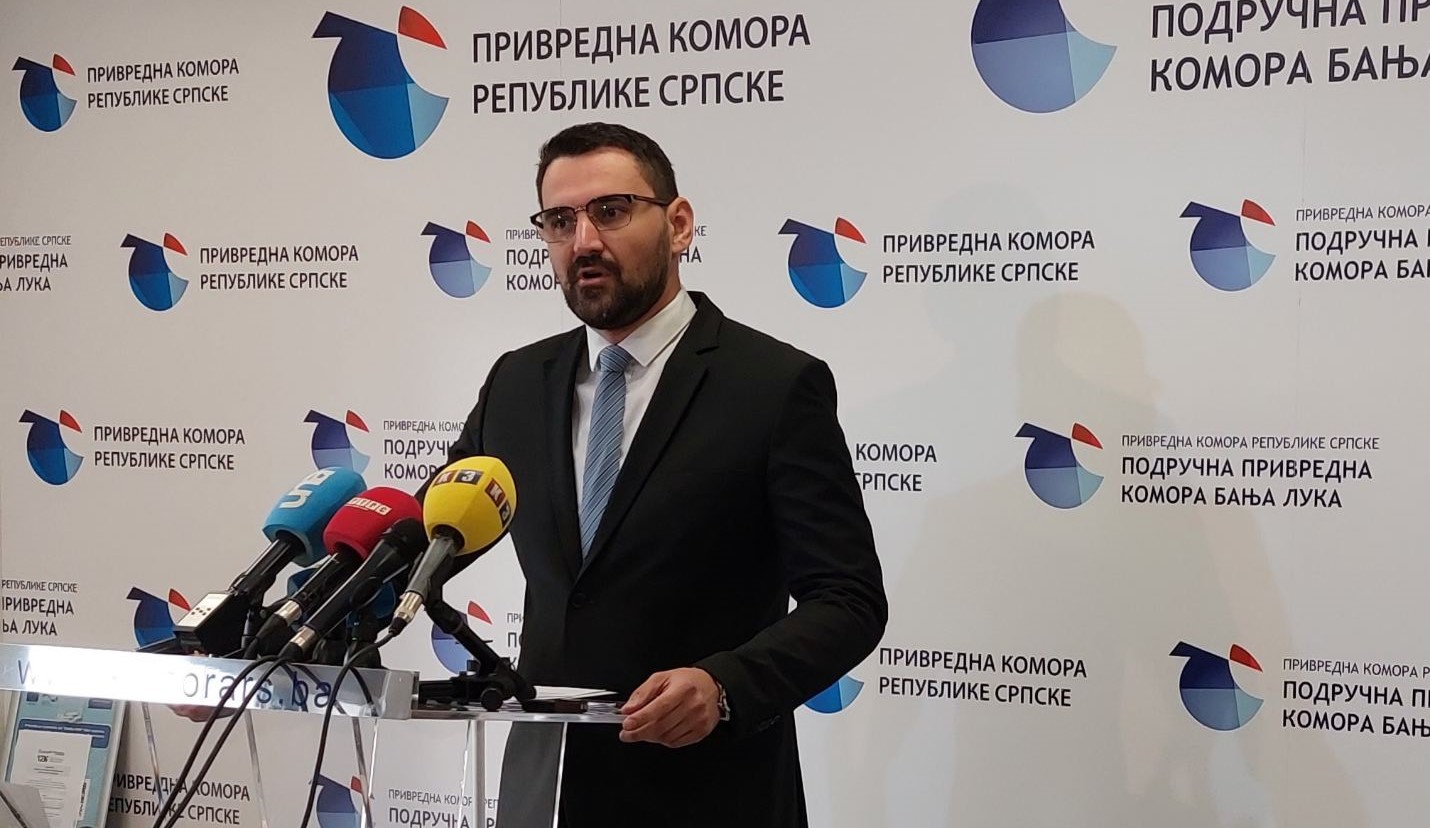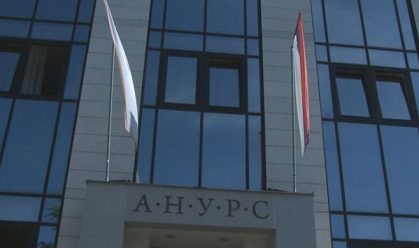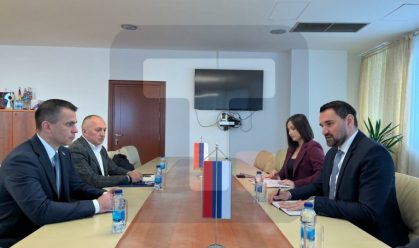A roundtable was held yesterday in the conference hall of the Banja Luka Regional Chamber of Commerce, on the topic of Lobbying: Challenges and Perspectives, and attended by Minister Zlatan Klokić, Minister of Finance Zora Vidović, President of the Banja Luka Regional Chamber of Commerce Goran Račić, Nenad Novaković from Banja Luka College and many other participants.
In the Republic of Srpska, it is necessary to legally regulate the area of lobbying and introduce it into legal channels, announced the roundtable held in the Chamber of Commerce in Banja Luka. One of the proposals is to start educating the public in order to clarify the benefits that lobbying can contribute by introducing it into legal channels.
The Minister of European Integration and International Cooperation, Zlatan Klokić, says that Srpska has engaged lobbying firms abroad as its representatives, and these are law firms that protect the interests of the Republic of Srpska in terms of compliance with international law.
– This area needs to be regulated in Srpska. Speaking about the lobbying by Srpska’s lobbying firms abroad, specifically in the USA, these are law firms that serve to protect the interests of the Republic of Srpska in terms of compliance with international law and yes, Srpska’s contracts with them are in the Public Register of the US Department of the Treasury and available to everyone – said Klokić.
– Speaking about their effects, Srpska as one of the parties to the Dayton Agreement, has been submitting reports to the UN Security Council for many years, to talk about the situation in BiH and express its view of that situation – said Klokić.
Minister Klokić noted that lobbying might have a very significant impact on socio-political activities, the economy and attracting foreign investments, and therefore it was important to regulate this field here as well.
Lobbying has great benefits in all areas of life, says the Finance Minister, Zora Vidović. She notes that it is the most important to start educating the public, because for most the concept of lobbying is an unknown word.
– This law plans for lobbying from the economy to all other activities. I must say that in my opinion it is the most important for the economy and that is why the Chamber of Commerce initiated it – Vidović said.
The first thought with most citizens when they hear the word lobbying is corruption. There is relation with corruption, but in the sense of fighting against it. This field in Srpska has not yet been legalized, although there were attempts ten years ago.
The President of the Banja Luka Regional Chamber of Commerce, Goran Račić, said that in 2011, through the Net project, financed from the European accession funds, together with BiH and EU chambers, they had submitted an initiative to the Government of Srpska as a conclusion, to enact legislation to regulate the field of lobbying.
– The field of lobbying in the EU has been regulated at the level of law for many years and currently there are over 15 thousand lobbyists in Brussels performing this function. Back in 2013, the Government of Srpska had launched an initiative to enact a law on lobbying, we had come up to a draft, but public opinion was divided, so the draft law was withdrawn from the procedure – Račić said.
Lawful lobbying carried out transparently can only help, says the Agency for Prevention of Corruption from Serbia, which adopted such law in 2019.
– Serbia opted for a somewhat narrower concept of lobbying – to influence public authorities in passing regulations, while there are different solutions around the world and no two countries have the same solutions – said Jovan Božović, assistant director of the Serbian Agency for Prevention of Corruption.
Lobbying should take root in the territory of Srpska, primarily as a subject in higher education institutions, concluded the roundtable held in Banja Luka.
Source: Ministry of European Integration and International Cooperation – Chamber of Commerce of the Republic of Srpska Regional Chamber of Commerce Banja Luka – RTRS
Photo: Ministry of European Integration and International Cooperation
